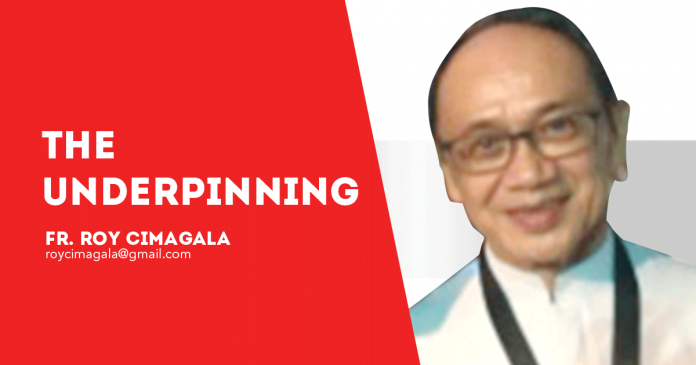
THINGS like this can happen in life. What may appear at first as something insignificant and casual may end up as something extraordinary and very special. This was the case of St. Andrew, the apostle, who was simply curious at where Christ was staying after St. John the Baptist referred to Christ as the “Lamb of God.”
He ended up as an apostle who had to give up everything just to follow Christ most closely. And he eventually invited his brother, Peter, the unlikely person to be the head of the apostles, to be the first Pope to whom the “keys of heaven” were first given. (cfr. Jn 1, 35-42)
It can even happen that what may appear first to be something against the things of God can provoke an instant conversion, just like the case of St. Paul who in the middle of his campaign against the early Christians heard the voice of Christ that led to his conversion.
The providence of God, the ways of God, can certainly work beyond what we can imagine and expect. It can adapt itself to the ways of men and can take advantage of whatever human condition and circumstance there is to execute his divine designs for us. As is said, God can write straight with crooked lines.
There have been many stories of unlikely characters who became saints or at least made significant transformations for the better in their lives. That was the case of St. Augustine, for example.
Of course, there also have been unfortunate stories of men and women who started well but ended badly. This only shows that in our relationship with God, there is always the interplay of God’s grace and our freedom at play. It’s in how we use our freedom that would determine whether things would go north or south.
What we should draw from this observation is that every event, condition and circumstance of our life, whether considered humanly good or bad, can be a pathway to God if we only know how to deal with these situations properly, as shown to us by Christ himself.
Yes, Christ has shown us how to deal with any situation, whether we are at the peak of human glory and success, or at the abyss of the worst human misery imaginable. That is why we can never overemphasize the need for us to know and follow Christ who himself said that he is “the way, the truth and the life” for us.
Making Christ the center of our life, making him alive in our life through our prayer, studying his life and words, and having recourse to the sacraments, etc., should be the main concern that we should have. After all, he is the one who will enable us to make any situation in our life as a way to heaven, a means to achieve our sanctification which is the fullness and perfection of our humanity.
That is also something that we have to be more aware of. The fullness and perfection of our humanity is when we truly become God’s image and likeness, sharers of his divine life and nature, as he wants us to be. This truth of faith may sound too incredible to us, but that is just how it is.
Let’s remember that we are not meant to understand everything about God and ourselves. What we are meant is to be guided by faith, hope and charity more than anything else./PN



